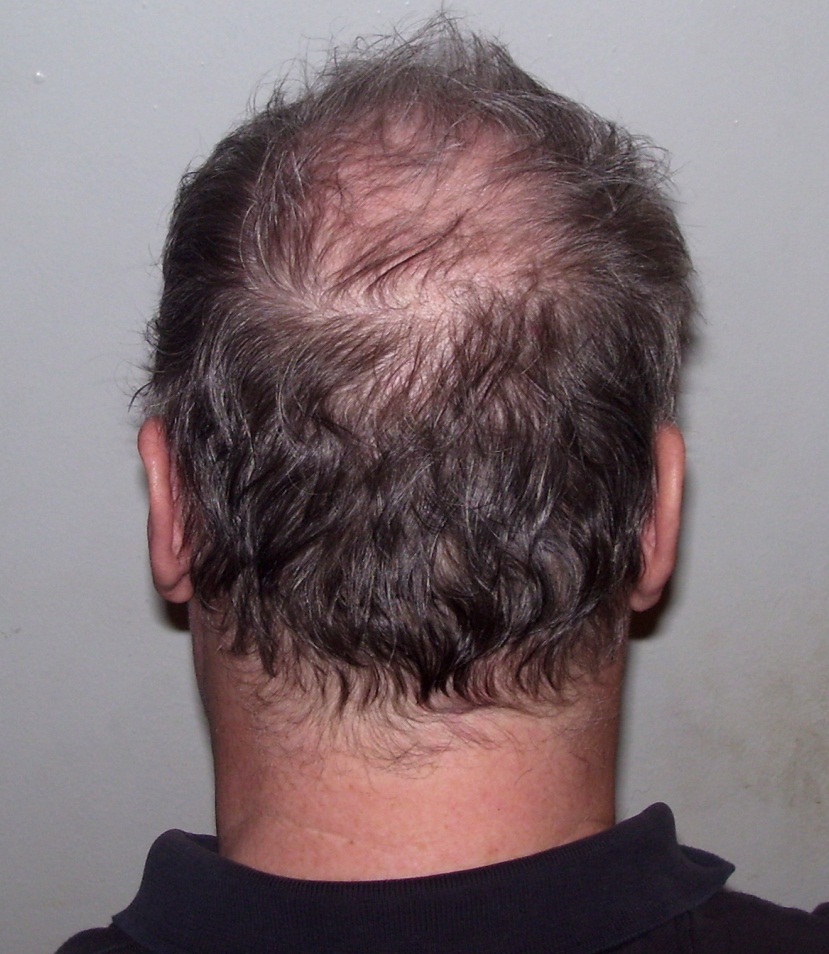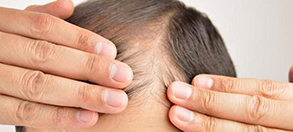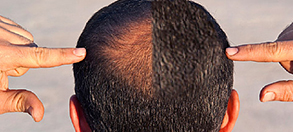Contents
What Causes Hair Loss?

Disease
Autoimmune diseases such as lupus can be a cause of hair loss when the immune system begins to view hair as a foreign threat. In response to this threat, the immune system attacks the hair follicles and causes hair loss. With lupus, the hair that is lost is typically unable to grow back due to the resulting scarring. An overactive immune system may also result in a type of hair loss called alopecia areata. The ability of hair to grow back varies and natural regrowth isn’t always permanent.
We’re proud to be the hair transplant surgeons of choice for pro athletes, actors & celebrities.
Mental Health
Trichotillomania is defined as an impulse control disorder. This disorder, which results in hair loss, causes people to compulsively pull out their hair. Although it is as much as four times more likely to occur in women than men, it is still a condition that affects certain men.
Drug Treatments
Drugs that are given in the treatment of certain diseases can result in mild to severe hair loss. Chemotherapy, which is used in the treatment of cancer, is one medical treatment that is infamously associated with drastic hair loss. Beta-blockers, which are drugs commonly taken to reduce blood pressure, may cause hair loss, as will non-steroidal anti-inflammatory drugs, or NSAIDs. Some medical professionals believe that antidepressants may also be counted as one of the causes of hair loss as well.
Infections
Certain types of infections that affect the skin at the scalp or the hair may also be what causes hair loss for certain individuals. Tinea capitis, which is also referred to as ringworm of the scalp, is a type of fungal infection that can result in severe itching and loss of hair. The hair that one loses as a result of this type of infection may or may not grow back, depending on the severity.
Male Pattern Baldness
Male pattern baldness is one of the common causes of hair loss in men. Many of the men who seek hair transplants or some other restorative treatment will have suffered hair loss due to male pattern baldness. Male pattern baldness is the result of sensitivity to androgens, or male sex hormones, such as testosterone, in the blood. These hormones cause shrinkage of hair follicles in certain areas of the scalp. These follicles continue to shrink until they close and prevent further growth. A sign of this type of balding is a receding hairline that takes on a distinctive “M” shape and balding at the crown of the head.
Ultimately, the best way that a person can determine what is causing hair loss is to consult a doctor or hair loss specialist. At the Center, we will consult with you regarding the cause of your hair loss and whether you can expect your hair to grow back on its own. If natural hair regrowth is not an option, we can discuss what procedure is the right procedure for you. To set up a consultation or if you have any questions, contact us today!


